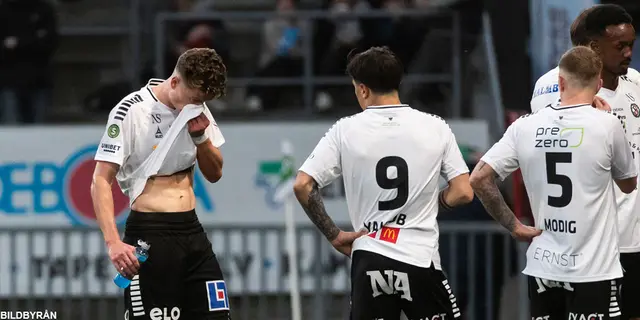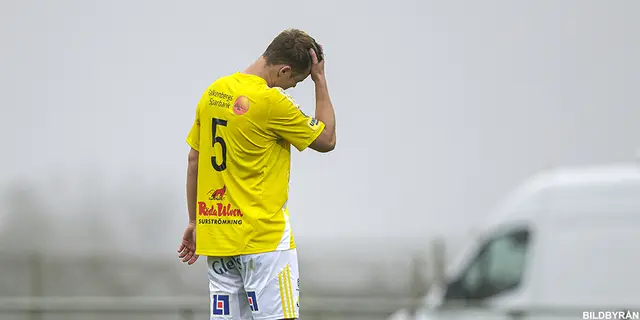Professor Richard Giulianotti är av världens ledande forskare på fotboll. Han är anställd på Durham University i sin egenskap av sociolog och undervisar och forskar inom bl.a. globalisering, sport och sociologi, sport och ekonomi samt sociologisk teori. Giulianotti har under flera år publicerat vetenskapliga texter och böcker, Globalization and Football , Ethics, Money and Sport och Sport: A Critical Sociology för att nämna några titlar. SFSU har fått privilegiet att intervjua professor Giulianotti.
In Supporter Directs report, What is the feasibility of a Supporters Direct Europe? , from 2008 they write “Whilst football related violence is a complex phenomenon, the study found hints that part of the cause might be a sense of alienation from the club, leading to a sense of support being a vicarious pleasure. In the long-term, building a sense of involvement and ownership is a crucial step to bringing responsibility”. This seems to support Ian Taylor’s notion of hooliganism being a more or less subconscious response to the commercialization of modern football. What’s your take on that?
I think there is something in the point that a positive, two-way relationship between the football team/club and supporters, with a developed set of reciprocal values regarding inclusion and responsibility, can have a long-term impact on the social actions of supporters. At national level, for example, there tends to be a good rapport between supporter groups that are renowned for their friendly ‘carnival’ behaviour (e.g. the Scots, Danes, Irish) and the relevant football authorities (including those who are responsible for policing and security). A popular message regarding ‘self-policing’ and behaving tends to be apparent among these supporter groups, in terms of having pride in what the team/club/nation represents, and thus taking on an ambassadorial role. This is not to say that self-identifying hooligan groups do not exist or follow some national teams whose fans otherwise have a friendly, gregarious reputation. However, for most fans, this sense of inclusion and responsibility can serve, at everyday level, to help them to negotiate potential flashpoints or moments of social breakdown, without these incidents escalating into greater disorder.
There has been argued in Swedish media that a privatization of Swedish football also could be seen as a step in the fight to combat hooliganism (since hooliganism and the hooligan aren’t profitable, a company would get rid of it). To what extent is that a valid argument?
This seems rather dubious. There are rather more complex processes behind the rise and fall of hooliganism, which have much to do with other factors, such as policing and security, trends in youth subcultural styles, relations between supporters and clubs, etc.
Swedish football is in dyer need of an influx of money. Most clubs balance their books by selling their best players to Norway, Denmark or Holland. The Swedish league have one of the weakest league associations in Europe, it doesn’t even own the league it self (the Swedish FA owns the league). What about commercializing the league and reforming the league association into a company? Is that, in your view, an option?
There is no doubt that the private sector must have some role to play within Swedish football, but these plans would need to be looked at carefully by all stakeholders, including of course supporter groups. The Swedish football system could look carefully at how Norway and Denmark have managed to produce more successful football systems in recent years, while allowing for the fact that contextual differences will be inevitable.
If you where put in charge of Swedish football, how would you handle the financial downwards spiral and massive drop in attendance? How should Swedish football regain some of it’s former glory and what is a realistic goal fore the Swedish league? Is it to have an automatic spot in the Champions league group stage, as Denmark will have starting next year, or is it something else?
Good questions. The key issue is to set some benchmark targets for the future, and these would appear to be a Champs League group stage slot, and qualification for the finals of major international championships (at both senior and younger levels). Given the new globalized environment of football, it may be that Sweden would benefit most from having leading players at top clubs in Europe, then returning back to contribute to national/club developments, as older players, coaches, etc. There are a lot of players who did well for Sweden over the past 15-20 years who could be used as a reserve of expertise for building up the national football system. It would also be a plus for Sweden to host a major tournament – this can rekindle wider interest in football and the national team in particular, while also guaranteeing qualification!
SFSU tackar Richard för intervjun! Länkt itll del 1 finner ni nedan:
http://www.svenskafans.com/fotboll/Intervjudel-1-Richard-Giulianottifotbollsforskare-400291.aspx
SFSU
2011-04-15 10:30
Intervju, del 2: Richard Giulianotti, fotbollsforskare.
I andra, och sista, delen av SFSU:s intervju med Richard Giulianotti lyfts perspektivet och bl.a. vilka eventuella effekter en privatisering av svensk klubbfotboll skulle kunna få på fenomenet huliganism berörs.

Karl Lundén










